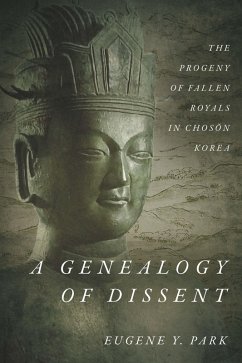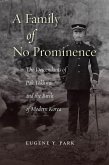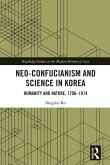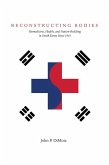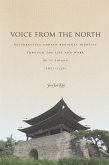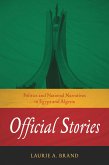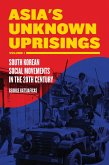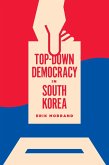In early modern Korea, the Choson state conducted an extermination campaign against the Kaesong Wang, descendants of the preceding Koryo dynasty. It was so thorough that most of today's descendants are related to a single survivor. Before long, however, the Choson dynasty sought to bolster its legitimacy as the successor of Koryo by rehabilitating the surviving Wangs-granting them patronage for performing ancestral rites and even allowing them to attain prestigious offices. As a result, Koryo descendants came to constitute elite lineages throughout Korea. As members of the revived aristocratic descent group, they were committed to Confucian norms of loyalty to their ruler. The Choson, in turn, increasingly honored Koryo legacies. As the state began to tolerate critical historical narratives, the early plight of the Wangs inspired popular accounts that engendered sympathy. Modern forces of imperialism, colonialism, nationalism, urbanization, industrialization, and immigration transformed the Kaesong Wang from the progeny of fallen royals to individuals from all walks of life. Eugene Y. Park draws on primary and secondary sources, interviews, and site visits to tell their extraordinary story. In so doing, he traces Korea's changing politics, society, and culture for more than half a millennium.
Dieser Download kann aus rechtlichen Gründen nur mit Rechnungsadresse in A, D ausgeliefert werden.

